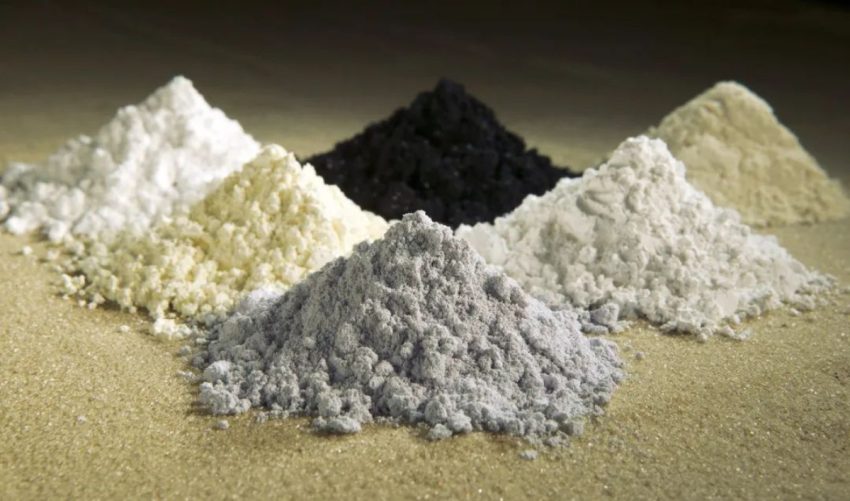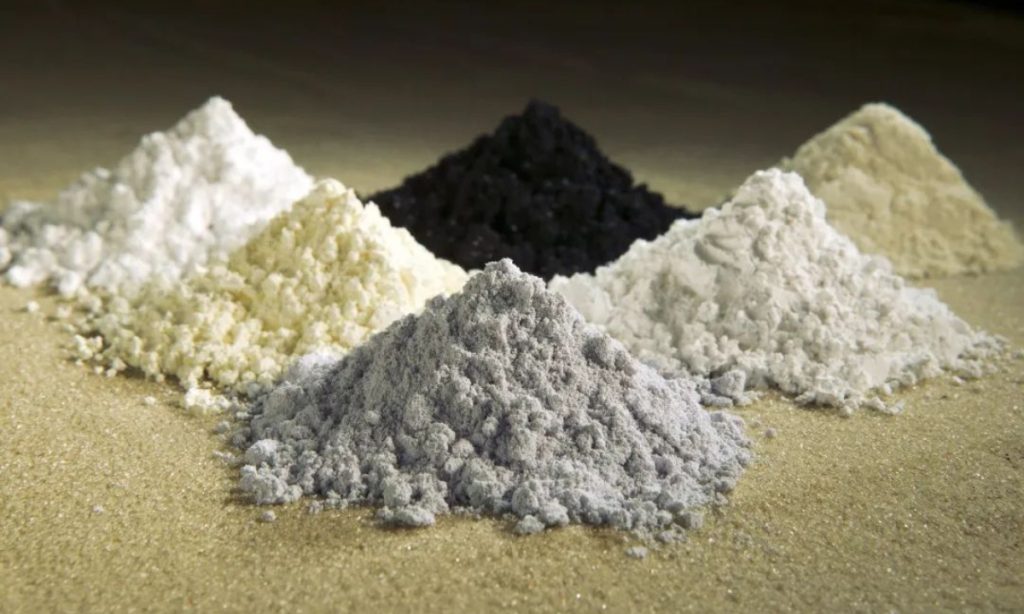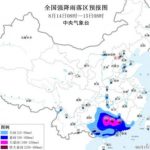
China’s Ministry of State Security warns of foreign espionage attempts to smuggle rare earths via shipping channels

China’s Ministry of State Security (MSS) reminded on Friday that foreign espionage and intelligence agencies have attempted to collude with and recruit domestic lawbreakers to steal China’s rare earth-related items through shipping and delivery channels, posing a serious threat to national security.
A certain country lacks the capability to independently produce and refine rare metals. In order to secure its domestic supply, it has long engaged in stockpiling these resources through various channels and means, the MSS said.
According to investigations by China’s national security authorities, a major contractor in a key sector of that country has been involved in illicit activities: on one hand, repackaging and relabeling rare metals to falsely indicate they are “not of Chinese origin” before re-exporting them to its home country; on the other hand, attempting to smuggle China’s export-controlled items such as rare earths by means of underreporting content levels, falsifying product names, sending multiple small shipments via express delivery, and switching transportation routes, the MSS said.
Upon obtaining solid evidence, China’s national security authorities, in coordination with relevant departments, took lawful action to block these illegal outflows of rare earth-related items, effectively safeguarding the country’s resource security and national security.
Rare-earth elements are hailed as “industrial gold” and “the mother of new materials.” China currently ranks among the world’s top in terms of rare-earth reserves, production, consumption, and exports, giving the country a significant advantage in global resources and industrial chains. Some countries closely monitor China’s rare-earth supply and go to great lengths to carry out theft and espionage activities, according to the MSS.
Investigations have revealed that foreign espionage and intelligence agencies, along with their agents, have attempted to instruct domestic criminals to smuggle rare earth materials out of the country by concealing their composition and exploiting China’s delivery and shipping channels.
Tactics include falsely declaring rare-earth elements as non-controlled items or forging technical specifications and component data, such as declaring high-purity rare earths (like dysprosium and terbium) as low-value products (such as ferroalloys or nickel powder), or mislabeling them as common goods such as “solder paste” or “refractory materials” to evade export controls.
It has also been discovered that these foreign agents and their proxies have attempted to hide undeclared rare-earth materials within other legally declared cargo or transport equipment. For example, they processed raw rare-earth materials into intermediate products, mixed rare-earth powders into ceramic tile materials, or concealed them inside plastic mannequins or bottled water.
These items were then smuggled out under vague labels such as “alloy parts” or “mechanical components” in an attempt to bypass export regulations.
The MSS vowed to work lawfully to prevent and combat infiltration, sabotage, and espionage activities by foreign intelligence agencies and their agents targeting China’s strategic mineral resources, firmly safeguarding national security.


